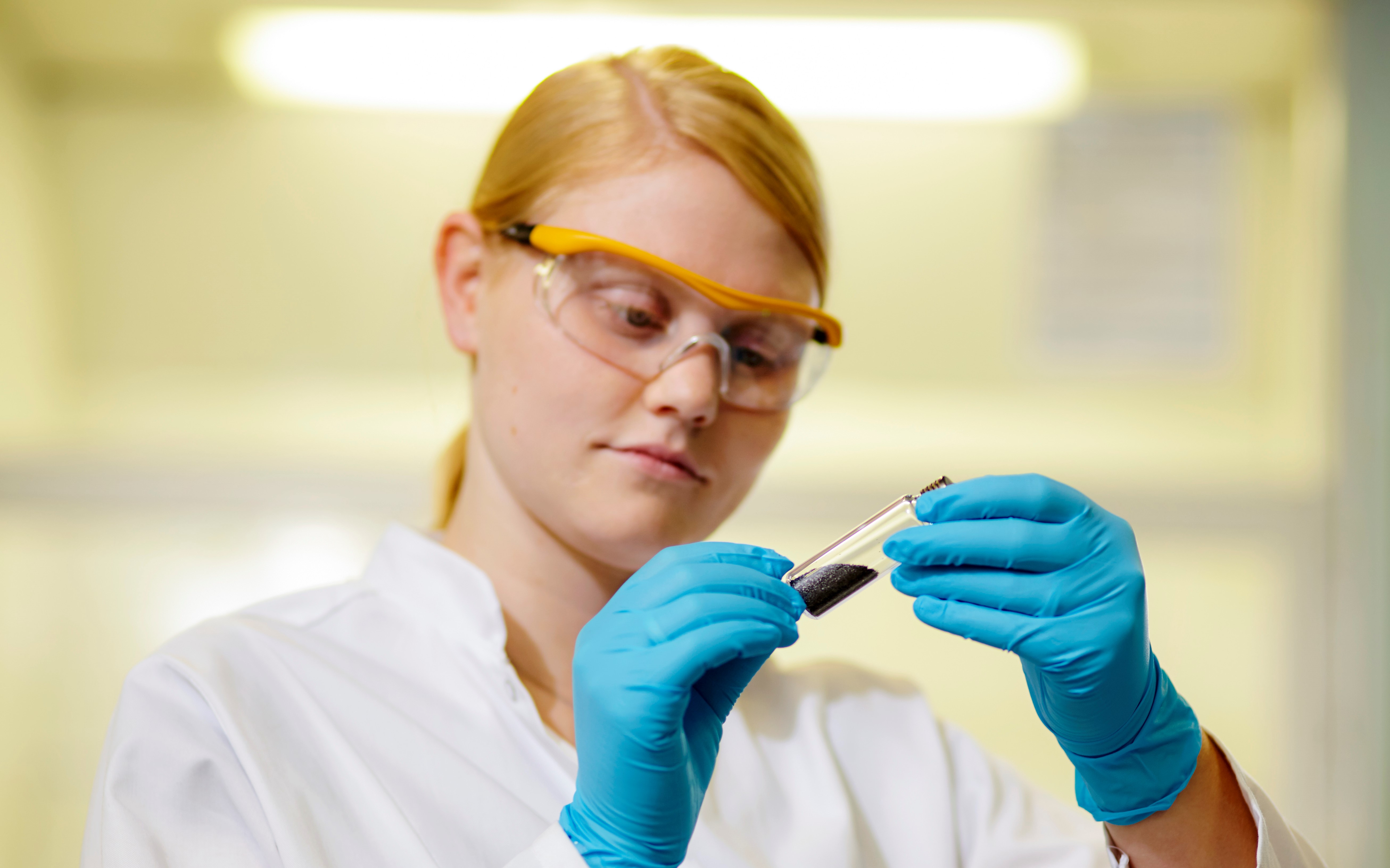Researchers investigate new water-based recycling process for batteries
Collaborative project focuses on sustainability and circular economy

The recycling of lithium-ion batteries is becoming increasingly important in battery research not only because of its environmental sustainability, but also because of the raw material scarcity. While the number of production facilities is expanding in Germany and Europe, there is a lack of natural deposits of numerous raw materials for battery cell production. This is the starting point of the new research project »ProRec« (short for: Novel Processes During Recycling of Aqueous Processed and Future Batteries), which is coordinated by MEET Battery Research Center at the University of Münster together with the local Institutes of Business Management and Inorganic and Analytical Chemistry in the Department of Chemistry and Pharmacy of the University of Münster. Using a water-based recycling process, the researchers want to recover materials from aqueous processed electrodes and analyse them for their further use in battery cells. The German Federal Ministry of Education and Research is funding the collaborative project with a total of 3.2 million euros for a period of three years.
Focus on Ecological and Economic Sustainability
Aqueous processed cathodes already rely on environmentally friendly processes in electrode production. In the production of cathodes for lithium-ion batteries, fluorine-free binders are used which can be processed in aqueous form. »For recycling, these binders open up completely new possibilities«, explains Dr Sascha Nowak, one of the project coordinators and head of the research division Analytics and Environment at MEET Battery Research Center. The project aims to identify how the water-solubility of the binders can be used to both separate the active material from the current collectors and extract other water-soluble components, such as lithium salts, through water-based recycling processes.
To compare the new process with current recycling methods, the aqueous processed electrodes are also recycled via a conventional process route. The scientific team then characterizes the recovered materials, prepares them and examines them for use in new battery cells. Finally, the researchers evaluate the process not only in terms of its ecological benefits, but also economically. »With this project, we are strengthening the circular economy of batteries«, says Nowak.
Participation of Fraunhofer FFB
The Fraunhofer FFB, with the project researchers Dr. Jonas Henschel and Hannah Mittag from the Product and Process Qualification Department, is pursuing two central goals with its participation in the joint project: The first is to investigate the scaling of aqueous electrode production, including the integration of recycled material, in collaboration with MEET. The aim is to gain an in-depth understanding of the process, particularly on the cathode side, in order to gain insights into the use of water-soluble binders in commercial battery cell production. The knowledge gained will also enable the incorporation of recycled material into the electrodes and cell production while maintaining the high quality of the electrodes. On the other hand, the requirements for the process development of a scalable recycling process for the separation of the active material from the current collectors will be worked out.
Further partners involved in the project are the Institute of Mineral and Waste Processing, Recycling and Circular Economy Systems of Clausthal University of Technology, the Institute for Particle Technology of Technische Universität Braunschweig, and the Institute of Physical Chemistry of Justus Liebig University Giessen.
Last modified: